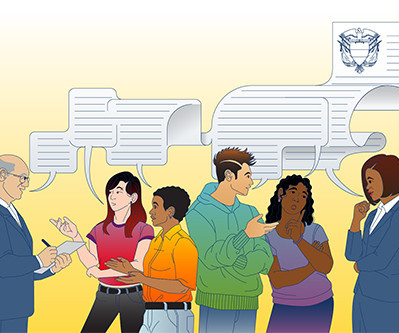The Promise and the Power of Social Cooperatives
NonProfit Quarterly
DECEMBER 4, 2024
Image credit: Getty Images on iStock The democratization of social care realigns the roles of state and civil society within a larger framework of social and political transformation. This collaborative approach ensures that services are tailored to meet the actual needs of the community.

















Let's personalize your content